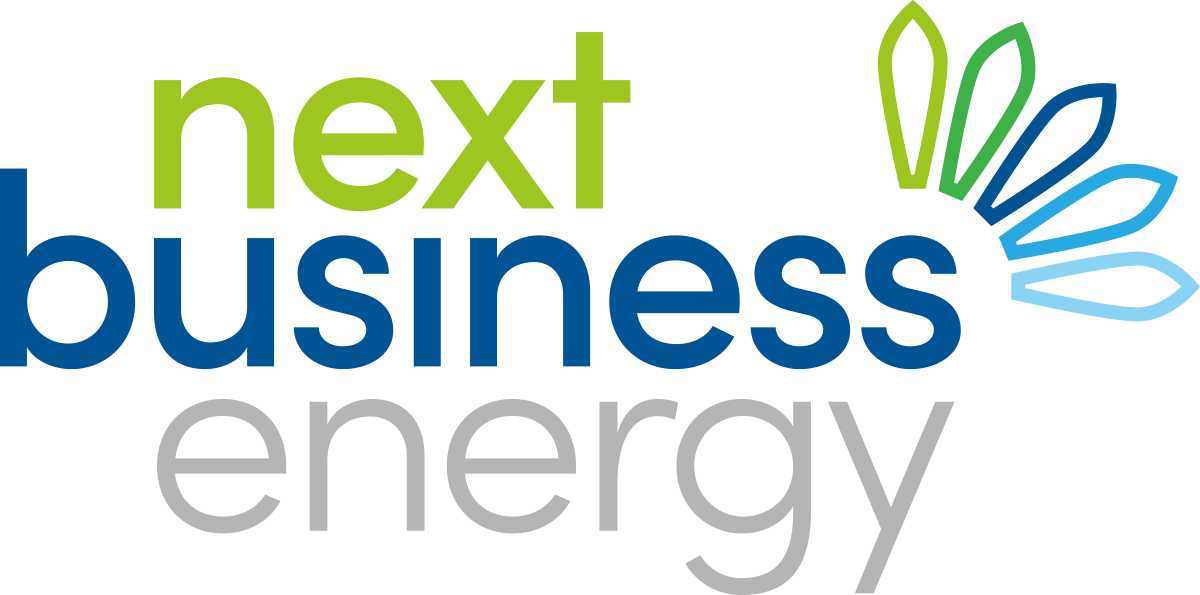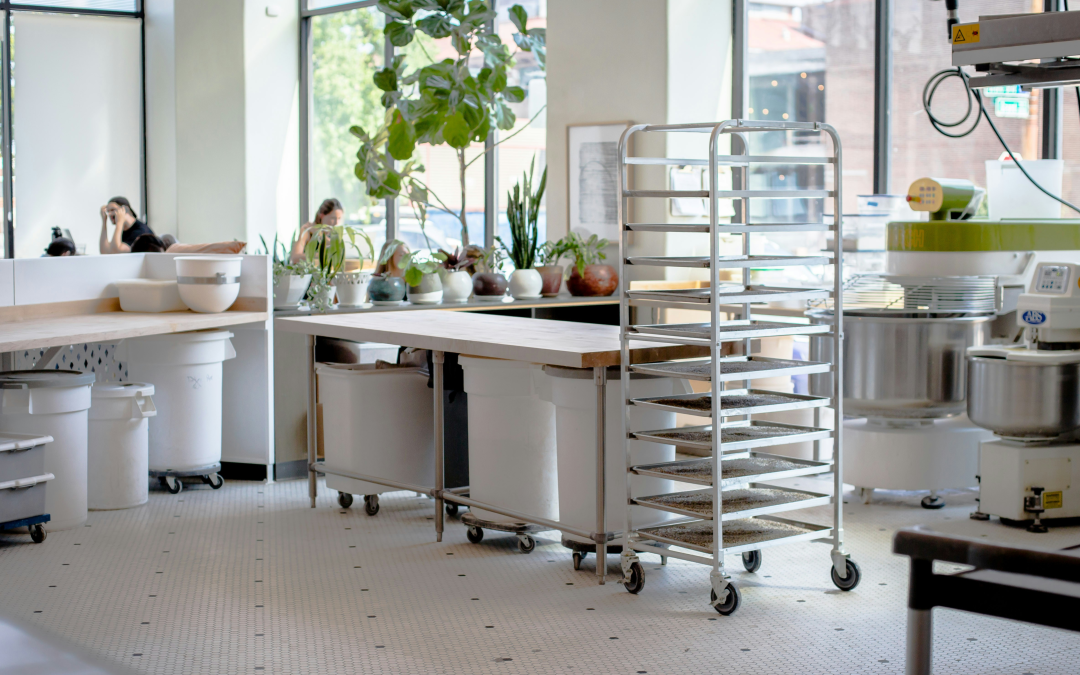The commercial kitchen is the heart of many small businesses, from bustling cafes to intimate restaurants. However, it can also be a significant source of energy consumption. With Next Business Energy, we can help you transform your kitchen into an energy-efficient hub, ensuring your business thrives financially and sustainably.
Understanding Your Energy Usage
Before diving into energy-saving strategies, it’s vital to understand your kitchen’s energy usage. This involves identifying the primary areas of energy consumption, such as cooking equipment, refrigeration, and lighting. Once you have a clear picture, you can implement effective energy-saving measures.
Efficient Cooking Equipment
- Upgrade to Energy-Efficient Appliances: Investing in energy-efficient cooking equipment can significantly reduce energy consumption. Look for appliances with high energy star ratings, as they use less energy without compromising performance.
- Regular Maintenance: Keep your cooking equipment in top shape through periodic maintenance. This includes cleaning, servicing, and promptly repairing issues to ensure optimal efficiency.
- Smart Cooking Practices: Train your staff in energy-efficient cooking practices. This may include considering alternatives to gas cooking, such as an induction cooking unit.
Refrigeration: Keeping It Cool and Efficient
- Opt for Energy-Efficient Refrigerators: Choose refrigerators and freezers with good energy ratings. Modern, energy-efficient models can cut energy costs drastically compared to older units.
- Keep Your Refrigeration Units Well-Maintained: Regular maintenance, such as cleaning the coils and ensuring seals are intact, helps refrigeration units operate more efficiently.
- Smart Usage: Organise your refrigerator for optimal airflow and avoid overfilling. Also, keeping the doors closed as much as possible minimises energy loss.
Smart Lighting Solutions
- LED Lighting: Switch to LED lighting in your kitchen. LEDs are more energy-efficient, have a longer lifespan, and emit less heat, reducing cooling costs.
- Use Natural Light: Where possible, make the most of natural light. This reduces electricity usage and creates a more pleasant working environment.
- Install Motion Sensors: In areas that are not continuously used, such as storage rooms, install motion sensors to automatically turn off lights when not in use.
Heating, Ventilation, and Air Conditioning (HVAC) Efficiency
- Regular HVAC Maintenance: Ensure your HVAC system is regularly serviced and filters are changed as needed. A well-maintained system operates more efficiently and effectively.
- Smart Thermostats: Use smart thermostats to control your kitchen’s temperature more accurately. This ensures that energy is not wasted on unnecessary heating or cooling.
- Proper Insulation: Good insulation in your kitchen keeps the heat in during winter and out during summer, reducing the need for excessive heating or cooling.
Water Efficiency
- Install Low-Flow Faucets: Reduce water usage with low-flow faucets and pre-rinse spray valves. This not only saves water but also the energy used to heat it.
- Fix Leaks Promptly: Even small leaks can lead to significant water and energy wastage over time. Regularly check for and fix any leaks.
Employee Training and Engagement
- Energy Awareness: Educate your staff about the importance of energy efficiency. An energy-aware team can make a big difference in reducing consumption.
- Encourage Energy-Saving Habits: Foster a culture of energy conservation in the workplace. Simple habits like turning off lights and equipment when not in use can accumulate significant savings.
Monitoring and Managing Energy Usage
- Use Smart Meters: Smart meters provide real-time information about your energy usage, helping you identify areas for improvement.
- Regular Energy Audits: Conduct regular energy audits to assess your kitchen’s energy efficiency. This can highlight opportunities for further savings.
Partnering with Next Business Energy
- Tailored Energy Solutions: NBE offers energy solutions specifically tailored to the needs of your commercial kitchen, ensuring you get the most cost-effective and sustainable options.
- Expert Advice and Support: Our team of experts can provide valuable advice on maximising energy efficiency in your commercial kitchen.
- Sustainable Energy Options: Talk to us about how we can help with carbon-neutral and renewable energy-based plans.
Energising Your Commercial Kitchen
By maximising energy savings in your commercial kitchen, you’re cutting costs and contributing to a more sustainable and environmentally friendly business model. Next Business Energy can help you turn your kitchen into a more efficient, cost-effective, and eco-friendly operation.

